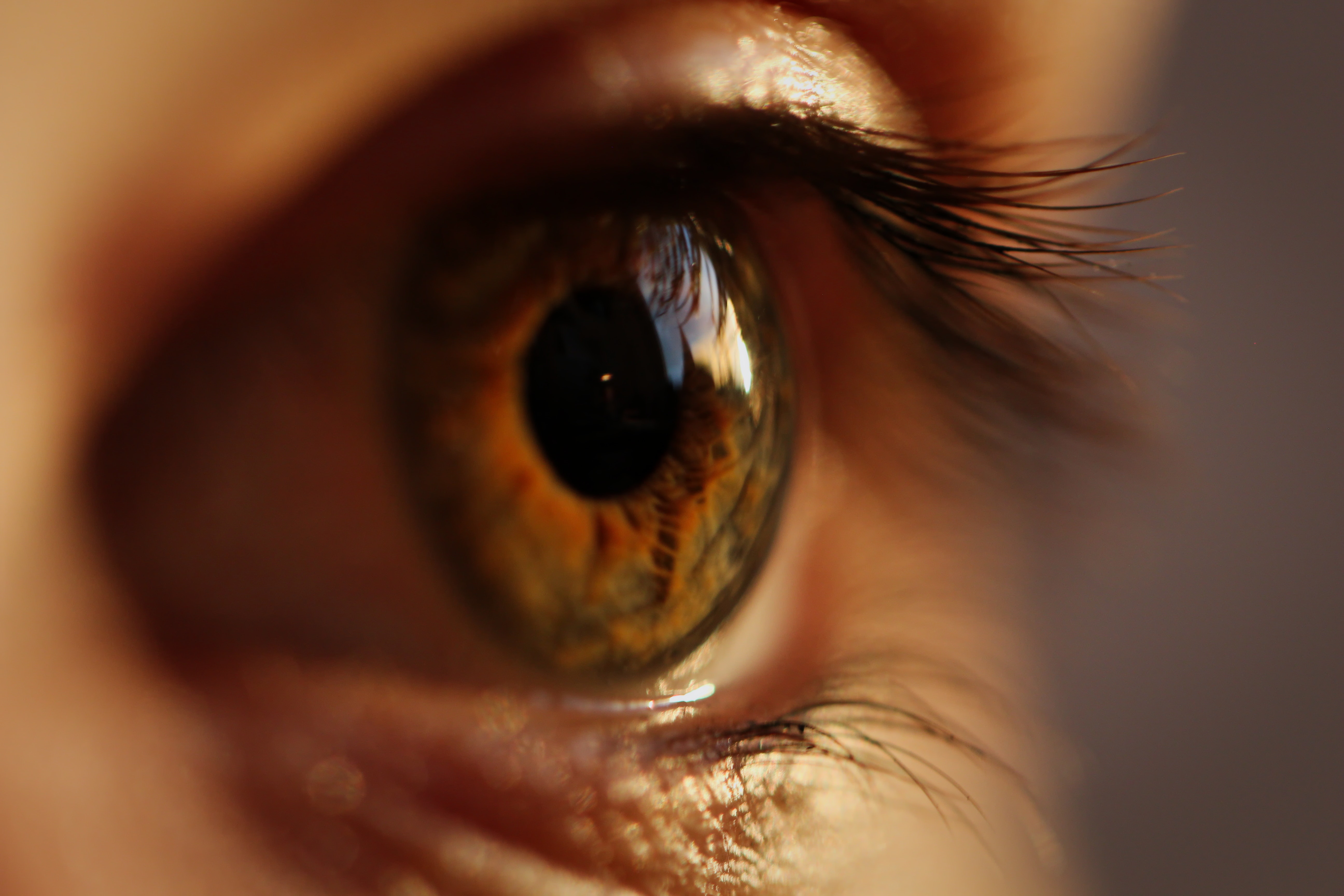Foreign object in the eye: what to do?

We all have experienced this. It begins with an irritation followed by repeated blinking. You then start to rub your eyes, tears rolling down your face. If it doesn’t get better you then try to remove it using your hands, in hope of getting some relief. But is this the best way remove a foreign object in your eye?
Your eyes are sensitive and delicate. However, getting something in your eye is unavoidable throughout your lifetime. Whether you’re in the kitchen cooking, painting your room or wood working, something could go in your eye.
The natural mechanism for removing a foreign object in your eye are tears. Chances are that it will be washed out. However, if it doesn’t, here are the steps you should follow.
Don’t rub your eyes, or insert another object
Rubbing your eyes with a foreign object in it could cause a scratch in your cornea. This could cause pain, discomfort, redness in your eyes and sensitivity to light.
Some people also try to remove foreign objects in the eye by using cotton swabs or tweezers. Do not use them to touch your eyeball. Moreover, the use of tweezers can cause a scratch, leading to more discomfort.
In addition, do not insert a plant-based matter, especially threads from coconut husk into your eye since it may be unsterile and can cause an infection.
Also, if you wear contact lenses, make sure you remove them.
Wash your hands
Research shows that more than 3000 bacteria are on your hands at a given time. Touching the inside of the eye without washing your hands could lead to an infection. Redness, swollen eyes and itching are some of the signs of an infection.
Make sure you wash your hands thoroughly with soap and clean water.
Look at your eye
Spotting the location of the foreign object is important, as it will be easier to remove it.
Stand in front of the mirror and open your eyes wide. Look up and down, then left and right.
If you still can’t spot the object, it could be in your eyelids. Pull your upper eyelid up and look down. Similarly, pull your lower eyelid down and look up.
If you are having trouble locating the foreign object, consult an eye doctor. You might not have anything in your eye. Conditions such as dry eye can make you feel like you have something in your eye when you don’t. Your doctor can confirm this for you.
If it is a small object, remove it your self
The foreign object in your eye could be small such as dust, makeup or an eyelash. In this case, you can try to remove it yourself.
The best method to remove the object is by washing your eye. Pour water into a container and position your eye over the surface. Blink several times to wash out the object.
If this doesn’t work hold your eye under a faucet or pour lukewarm water into your eye.
Seek medical care immediately if object is still present or if it is large
If you do not succeed in removing the foreign object, or if your vision remains abnormal, consult your eye doctor.
Furthermore, if you have severe pain or if irritation is still present 30 minutes after removing the object, consulting a health professional is important.
Never attempt to remove a corneal foreign body (an object stuck or embedded in the cornea) by yourself since it may cause more harm than good.
Foreign bodies can even go deeper into the eye after penetrating the superficial layers and get lodged anywhere from behind the cornea up to the retina. Depending on the type of foreign body, this becomes an emergency and the doctor may order certain tests including scans to detect the location of the foreign body.
Foreign bodies going deeper into the eye can cause irreversible and serious damage to the eyes. These foreign bodies are usually removed by a vitreo retinal surgeon with access to highly specialized instruments and the cost of these procedure can be high. Hence it is very important for all those who work in high risk jobs to use protective eye wear to prevent these injuries.
This article was reviewed by Dr. Abdulla Junaid, MBBS, MCPS, FCPS, FICO, Senior Consultant in Ophthalmology.



Leave a comment
0 Comments